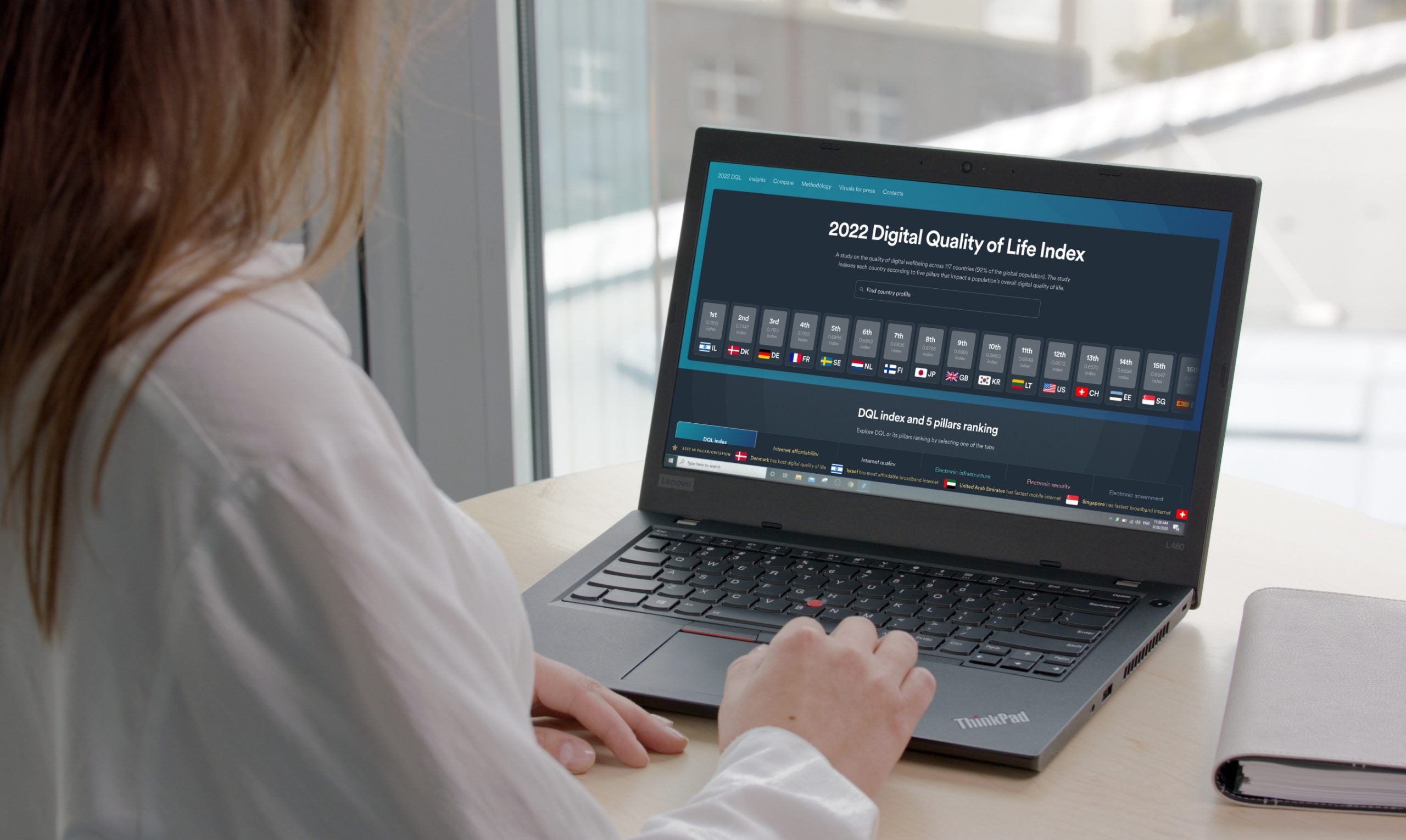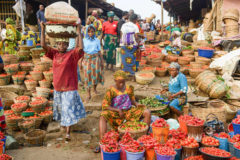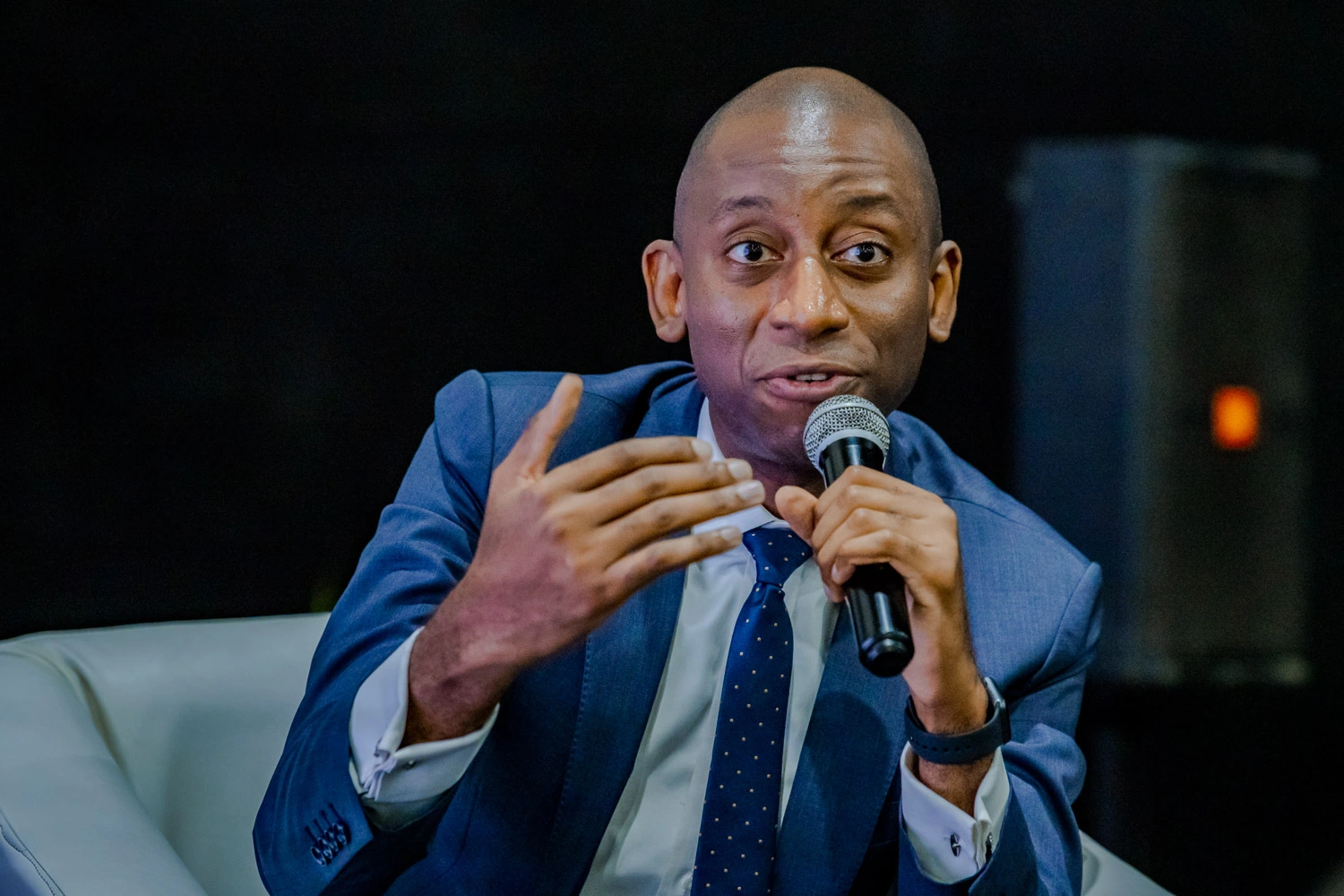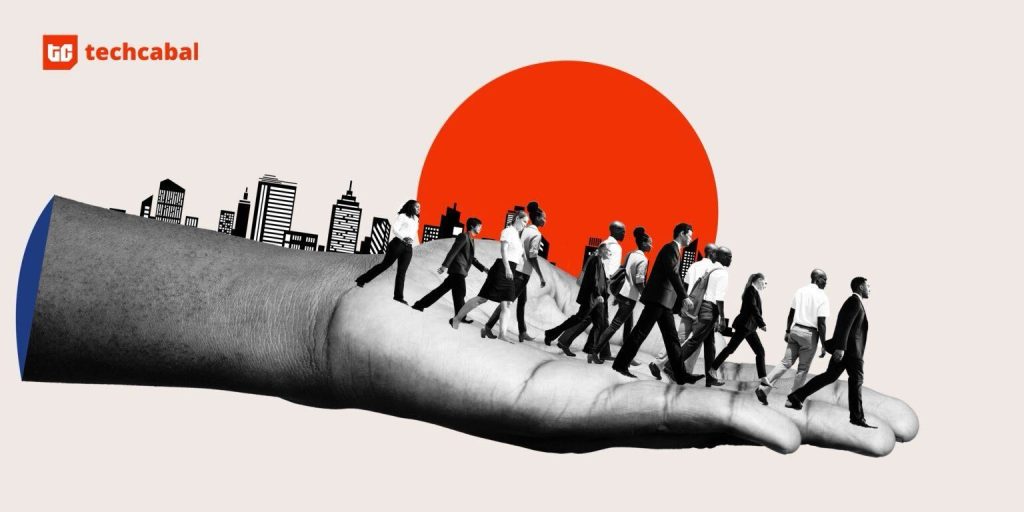For the past four years, Surfshark, a cybersecurity company, has conducted surveys that evaluate the digital quality of life (DQL) obtainable by citizens across the globe. In its latest report that evaluated 117 countries—92% of the world’s population—Nigeria ranked seventh in Africa and 86th in the world regarding the digital well-being accessible to its citizens.
Surfshark evaluates countries based on five fundamental digital well-being pillars: internet quality, e-government, e-infrastructure, internet affordability, and e-security. While the African country fought its way to the 66th position in e-security, it did poorly in the internet affordability indicator, ranking 114th on a global scale. Other metrics such as e-infrastructure, e-government, and internet quality also saw Nigeria record low rankings at the 86th, 95th, and 99th positions, respectively.
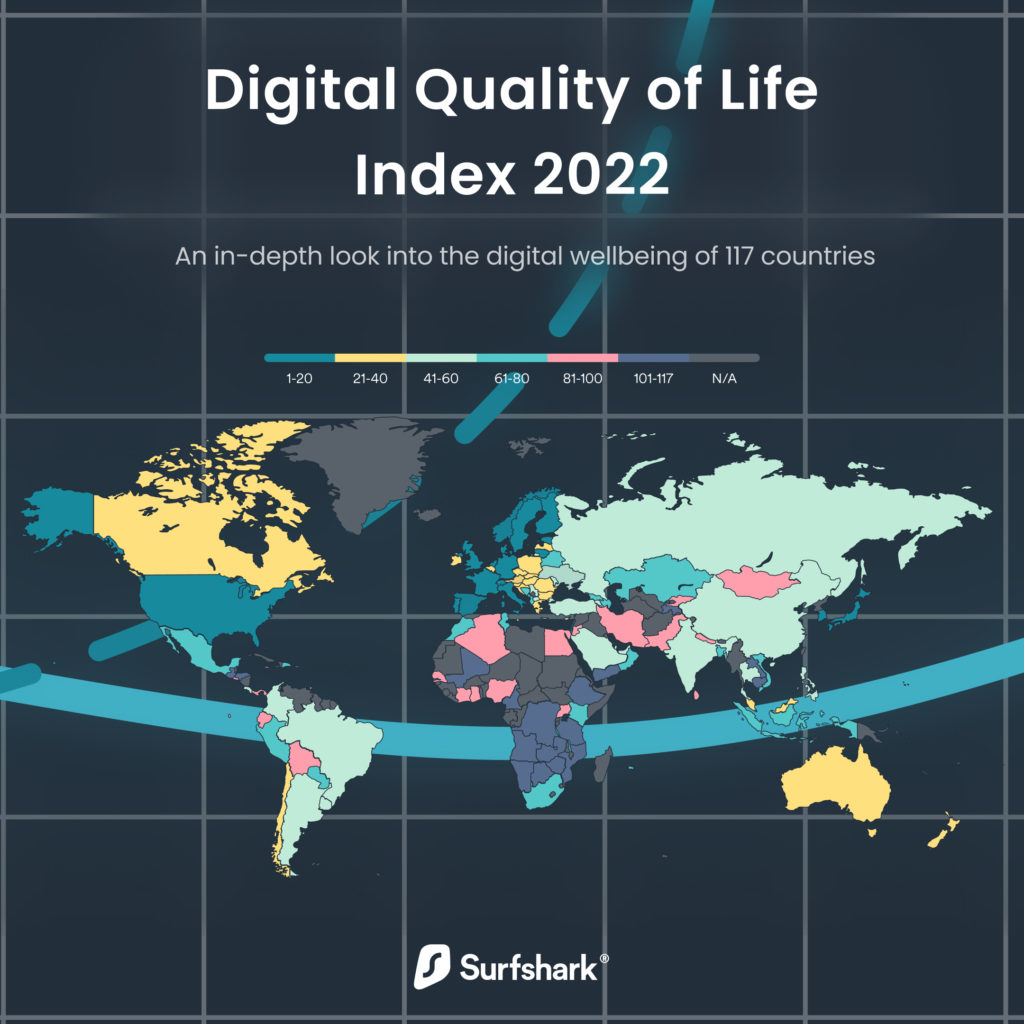
Nigeria’s abysmal rating for internet affordability does not come as a surprise. Last year, the West African giant was reported to have the least affordable internet in the world. According to the Alliance for Affordable Internet (A4AI), the cost of 1GB should be capped at 2% of one’s monthly income, but that is far from the reality in Nigeria, a country with a minimum wage of ₦30,000 and an average rate of 1GB for ₦1,000.
To afford mobile internet, this report reveals that Nigerians—at 15 minutes of work per month—must work twice more than Kenyans and 183 times more than Israelis, who are enjoying the best digital quality of life globally.
Despite the low internet quality in the country, fixed broadband presently costs Nigerians an average of 36 hours and 13 minutes of working time every month. To cap this, inflation in Nigeria has been on the rise, further reducing the ability of Nigerians to afford internet services and creating a wider digital divide. Between last year and now, Nigerians must work an extra 13 minutes and 16 seconds to afford the same mobile internet service.
Admittedly, expensive internet is not just a Nigerian problem. In 2019, 57% of the world’s population could not afford more than 500 MB of mobile data in a month. Also, high internet costs seem consistent in Africa, with 1GB going for as high as $8 in Gabon and $2.78 in Nigeria, compared to $0.26 in India and $0.51 in Ukraine.
Perhaps, the consistency of low digital quality of life in Africa is why Nigeria, despite ranking low for most of the criteria used in the DQL assessment, is still able to feature in Africa’s top 10 as the seventh best country in the region with regard to digital well-being.
Towering at the number one position in Africa, with an internet speed that doubles that of Nigeria, is South Africa, which ranks 66th in the global index (from 64 last year). Kenya, the East African digital epicentre which ranks fifth in the continent, interestingly has a 5% slower mobile internet speed when compared to Nigeria. Northern African countries collectively ranked high on Africa’s top 10, with Mauritius, Morocco, Tunisia, Egypt, and Algeria ranking second, third, fourth, fifth, and ninth, respectively. Ghana and Senegal, ranking eighth and 10th, joined Nigeria as the top West African countries in the report.
Compared to its 86th ranking in 2021, Nigeria notably dropped by four points in the 2022 DQL report. This is noteworthy, seeing that since last year, mobile internet in the country has improved by 10.8% (2.5 Mbps), and fixed broadband speed has grown by 15.9% (2.6 Mbps). However, improved internet speed can do little when users’ overall internet experience is unsatisfying. To assess overall internet quality, Surfshark combined internet speed metrics with internet stability and growth. This overall indicator is where Nigeria ranked 99th in the world, 26% worse than the global average.
Overall, of all 117 countries surveyed, three African countries, Ethiopia, Mozambique, and Cameroon landed the bottom positions as the worst countries to live in, going by the digital quality of life. On the other hand, Israel, edging Denmark to second from its two-year lead, was followed by Germany as the best country to live in with respect to digital well-being.
“While countries with a strong digital quality of life tend to be those of advanced economies, our global study found that money doesn’t always buy digital happiness,” explained Gabriele Racaityte-Krasauske, head of PR at Surfshark.
“That is why, for the fourth year in a row, we continue analysing the digital quality of life to see how different nations keep up with providing the basic digital necessities for their citizens. Most importantly, our research seeks to show the full picture of the global digital divide that millions of people are suffering from,” he added in a statement shared with TechCabal.

Globally, internet costs have gotten higher, but Africans seem to have it worse, as they have to work longer for internet connections that are generally poor compared to global standards. In some countries, such as Cote d’Ivoire and Uganda, people work an average of two weeks to earn the cheapest fixed broadband internet package. This trend arguably gives context to the low internet penetration in the continent, especially as internet is a secondary need for most Africans.









